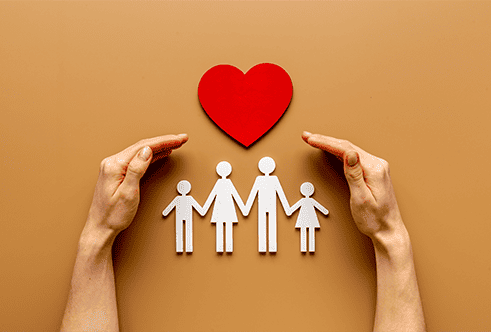Dear Katrina,
Why should I have a Will and what is an Enduring Powers Of Attorney?
Many of us don’t like to think about making a Will but there are many times throughout our lives when we do need to think about the future and about how our family would cope financially in the event of our death. Estate planning does not commence on death. In fact, those who don’t effectively plan their personal and financial affairs could leave their loved ones with an unpleasant legacy.
Marriage and Divorce
Unless your Will is worded in a particular fashion, a marriage after the signing of a Will can revoke a Will.
A gift to someone you are married to at the time of your death will not be affected and separation after a marriage alone also won’t affect a Will. So, it is particularly important to review your estate plan if you are going through a separation.
Conversely, divorce does not automatically revoke a Will but does revoke any gift to the ex-spouse and any appointment as the ex-spouse as executor or trustee unless there is a contrary intention stated in the Will.

Why do you need a Will?
A Will is the cornerstone of an effective transfer of assets on death – it puts you in charge of important decisions now about what you want to happen to your affairs after you die. It is a legal document which will ensure your intentions are carried out.
You should take action now so that you can be assured that your assets will be given:
- to the person you want
- to support your beneficiaries’ needs
- in the way you want
- as quickly and simply as possible
- as tax-effectively as possible
What happens if you die without making a Will?
If you don’t have a Will there is no guarantee that what you intend to happen will happen. This can cause hardship to those closest to you. Your estate will be distributed under the rules of intestacy. These rules are very general and are unlikely to reflect your specific wishes. Having a Will makes the winding up of your estate less confusing, quicker and cheaper.
Power of Attorney
Unfortunately in the fast paced world we live in, accidents, serious illness, long term physical or brain injuries are all too common. Can you afford to be one of those people who think “it will never happen to me?” A Will operates on your death. An Enduring Power of Attorney operates during your life, where you or your partner are injured or become too ill to make financial and health decisions for yourself or your children.
By signing a Power of Attorney you may grant someone (your attorney) the legal power for that person to sign or to take some action on your behalf.
If you would like to know more about Wills and Powers of Attorney – contact us today.







